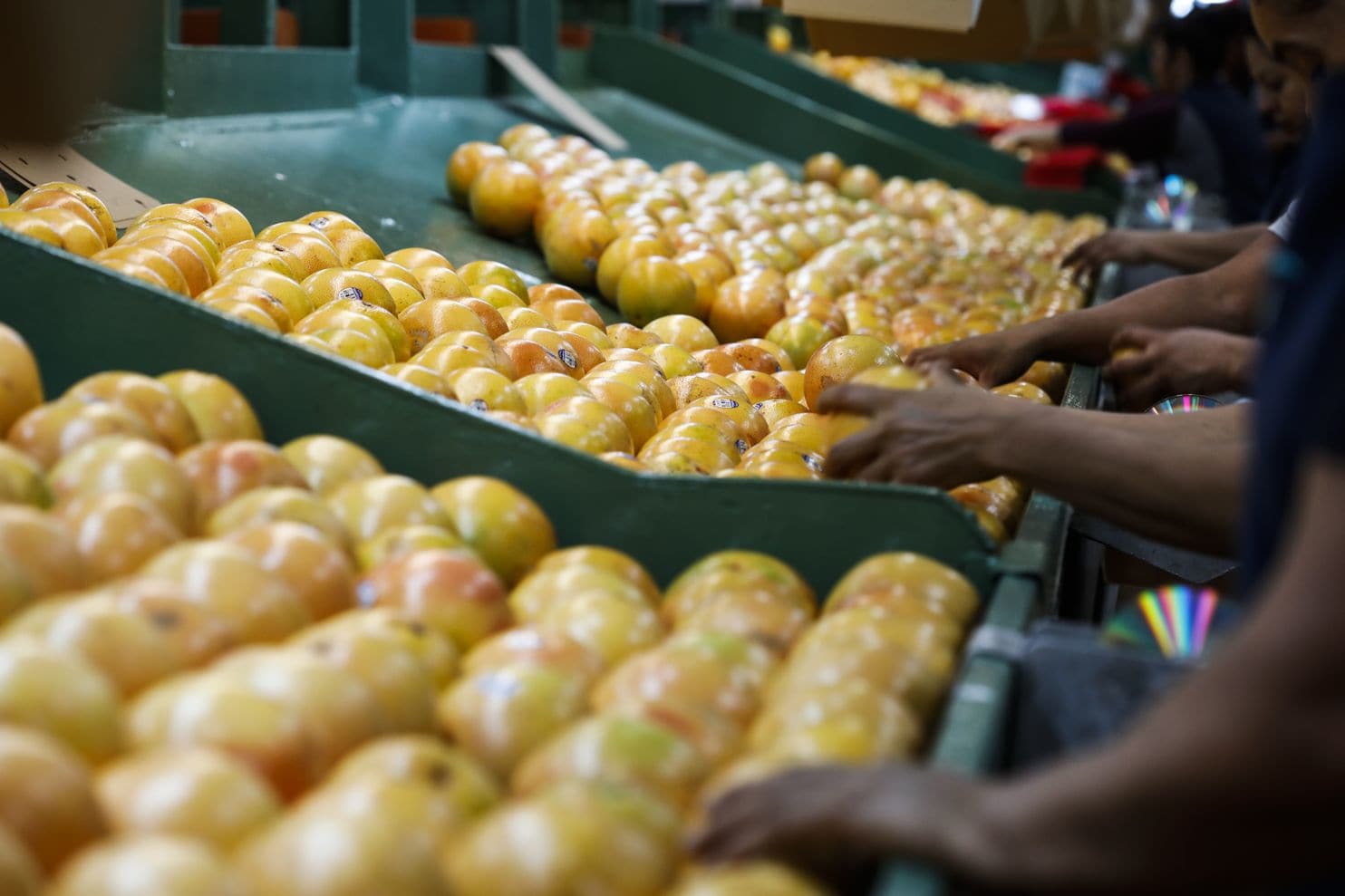The global food problem isn’t what you think

Providing food security to the nearly 10 billion people who will inhabit the globe by 2050 is one of the key issues of the 21st century. Given that reality, you might think the international community would at least be able to agree on how to define the problem. Unfortunately, you would be wrong.While a large part of the agricultural research establishment is focused on one aspect of the challenge — calories — another part of the scientific community is focused on a related but different one: adequate nutrient consumption.
To this point, the first group has driven the world’s agricultural research agenda. But a new study I co-authored with a group of international scientists and recently published in Nature Sustainability suggests that calorie fundamentalism is leading us down a dangerous path. Our group looked at both the question of how much food will be available during the next three decades and the question of whether this food will meet our nutritional needs.
With a depth and breadth that goes far beyond previous studies, we made assessments for 158 different countries of the current supply of macronutrients, such as carbohydrates, protein and fat, and micronutrients, such as vitamins and minerals needed for good health, cognition and productivity. We then forecast the country-by-country needs in 2050, when the global population will have increased by about 2.1 billion and when the economies of these countries will likely have expanded. Finally, to provide both best- and worst-case scenarios, we projected a future without climate change and one with extreme climate change.

